Keywords: Weather
There are more than 200 results, only the first 200 are displayed here.
-
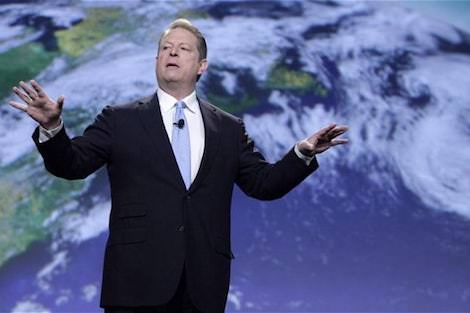
ARTS AND CULTURE
- Megan Graham
- 10 August 2017
5 Comments
'The evening news has become like a nature hike through the Book Of Revelations,' says Al Gore, the politician-cum-climate activist who made waves with his Oscar-winning 2006 documentary An Inconvenient Truth.
READ MORE 
-

ARTS AND CULTURE
- Haley Joray Arnold and Cassandra Golds
- 01 August 2017
2 Comments
You used to have feet like a Russian ballerina/Arches (like ones plebeians would stand under, lose their breath for a moment)/The weight they carry remarkable for the/Tiny bones inside ... Despair stalks the house/Outside, like weather/Inside, like air/It has no form ...
READ MORE 
-
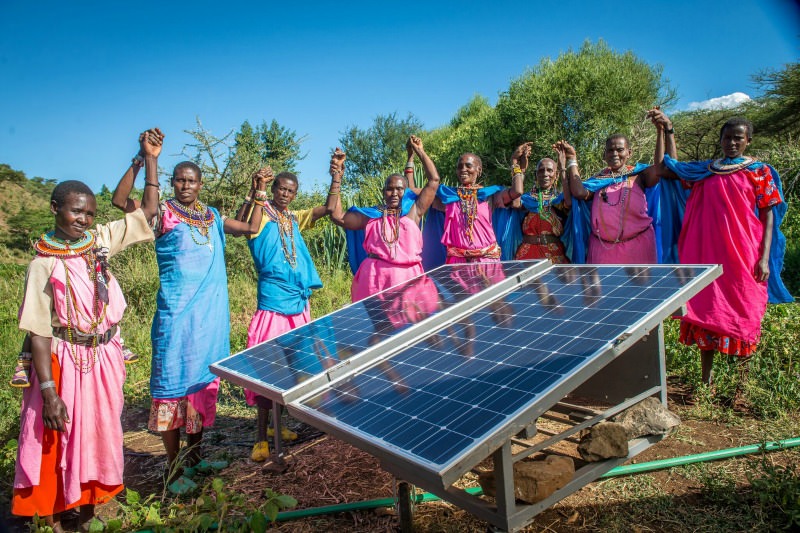
ENVIRONMENT
- Paul O'Callaghan
- 11 July 2017
3 Comments
The world's poor are bearing the brunt of global warming yet they have done the least to cause it. African countries have some of the lowest carbon emissions rates in the world, but their fields are drying up and their pastureland is vanishing. Still, all is not lost. If we want to find the answers to climate change, many of them exist within the communities already being impacted. These people understand the urgent threat posed by global warming and they are banding together to find solutions.
READ MORE 
-

RELIGION
- Frank Brennan
- 26 June 2017
6 Comments
These cardinals have a few strong concerns. They think the pope should be setting down clear universal rules that apply to everyone in every situation. Having spent a life time as a pastor in Buenos Aires, Francis knows life is much more complex and messy than that. These four cardinals pine for the papacy of John Paul II. John Paul was a great leader and a great pope for his time. Francis is also a great leader and a great pope for his time, for our time. John Paul and Francis are very different. But then again, the times are very different.
READ MORE
-

INTERNATIONAL
- Brian Matthews
- 04 May 2017
4 Comments
For all his demonstrable popularity, Reagan was a divisive figure. His Hollywood and TV show provenance were regarded with enduring suspicion by some, and many doubted his capacity to deal with the dangerous complexities of Cold War politics. Some even considered him a rogue. He was well into enjoying his overwhelmingly approved second term when, unnoticed by the President, his administration or anyone outside the city of Eugene, Oregon, I arrived in the United States.
READ MORE 
-

ARTS AND CULTURE
Who was that luckless politician, federal, I think, gone now from so many memories, including mine? Male, a sort of suited fledgling, older maybe than he looked, the guy who feelingly achieved, while reaching for the aphoristic wisdom of his people, the verbal train-wreck we remember so much better than than the 'issue' or his features as they pleaded with the swooping of a lens: I'm torn between two places and a hard rock?
READ MORE 
-

ARTS AND CULTURE
- Peter Gebhardt
- 18 April 2017
4 Comments
It's a bleak sad day, That special voice has been taken away That voice that saw so much, Waged war against the witless and their wrongs, That smothered our lives and hopes And that voice will still sing his songs. Which we are free to hear for ages on.
READ MORE 
-
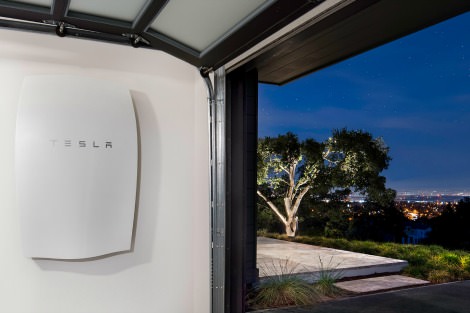
ENVIRONMENT
- Francine Crimmins
- 27 March 2017
14 Comments
Earlier this month Tesla launched the Powerwall 2. In the transition to renewable energy, it may be the biggest disruption to hit traditional energy companies yet. In fact, it's probably their worst nightmare. Our role in energy under this innovation has changed from us being consumers to possibly all being providers. Just as Uber disrupted taxis and Airbnb disrupted traditional hotel chains, so too will the Tesla battery change our relationships and transactions with energy.
READ MORE 
-

PODCAST
In this episode, we touch on energy, infrastructure and the political lens through which we receive nation-building ideas. We talk about Jay Weatherill, the South Australian Premier, who gave a master class this week in how to make federal ministers squirm. We also ask whether it is possible for journalists to remain neutral, a quarter into the Trump presidency.
READ MORE
-
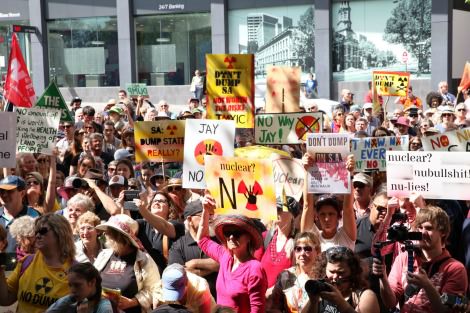
ENVIRONMENT
- Michele Madigan
- 17 November 2016
11 Comments
The last 30 days have seen some big developments in the ongoing attempts of Premier Weatherill's plan to import high-level and intermediate level radioactive waste. On Sunday 6 November came the surprising decision of the Premier-initiated Citizens Jury. By the end of their six day deliberations, the 350 second round jurists showed a decided shift in opinion. Their 50 page report, presented to a somewhat discomfited Premier, had a strong two thirds majority against the dump.
READ MORE 
-
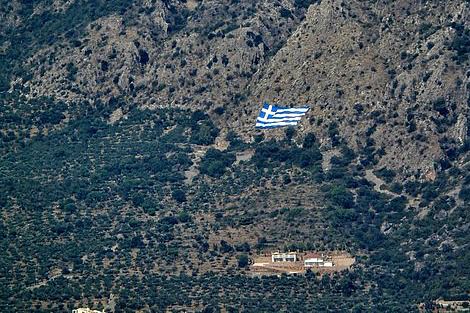
INTERNATIONAL
- Gillian Bouras
- 21 October 2016
8 Comments
Before I turned five, I was in the serried Monday morning ranks of children who had to swear, among other vows, to honour the flag. Years later I watched, shocked, as a Greek friend burst into tears at the sight of the emblematic blue and white stripes at a soccer match: big, strapping Panayiotis sobbed helplessly for quite some minutes. Today the American elections are almost upon us, and Old Glory has naturally been very much in evidence throughout this most gruelling and worrying of campaigns.
READ MORE 
-
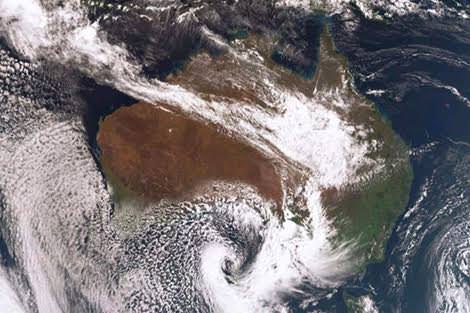
ENVIRONMENT
- Greg Foyster
- 21 October 2016
10 Comments
On 28 September an extreme storm lashed South Australia and the entire state lost power. How could this have happened? It's a question that has occupied the country for the last three weeks as politicians and commentators have peddled their unqualified opinions in an escalating culture war about the role of renewable energy. No one really knew what had happened until Wednesday this week, when the AEMO released its updated report. Even now, there are more questions than answers.
READ MORE 